- This event has passed.
Episode 7: Lessons learned about business losses and economic recovery – The Northridge Earthquake as a catalyst for research and application
November 13, 2024 @ 12:00 pm - 1:00 pm
Free
Episode 7 of the Northridge 30th Anniversary Webinar Series:
The Northridge Earthquake – 30 Years Later – A Catalyst for Engineering Resilient Communities
Series Partners:
- American Society of Civil Engineers (ASCE) Infrastructure Resilience Division
- ASCE Los Angeles Section
- Earthquake Engineering Research Institute (EERI) Southern California Chapter
- Structural Engineers Association of Southern California (SEOASC)
- Earthquake Country Alliance (ECA), led by the Statewide California Earthquake Center
Episode 7 Overview:
Social science research on businesses affected by the Northridge earthquake was ground-breaking for understanding business interruption and losses, with an emphasis on how factors such as business characteristics and building and infrastructure performance affect outcomes for firms and organizations. In addition to providing an understanding of how businesses fare in the aftermath of disasters, organizational-level findings provided data inputs for the development of regional economic impact modeling. This webinar will provide an overview of the methods and findings from Northridge earthquake research and how studies of subsequent earthquakes, for example the 2014 S. Napa and the 2023 Kahramanmaras earthquakes, were influenced by but also expanded on the approach. The catalyst of the Northridge study is also evident in the framing of economic analyses for the HayWired earthquake scenario, including aspects of business characteristics, damage patterns, and macroeconomic impacts.
Episode 7 Presenters:
Dr. Kathleen Tierney, professor emerita in the Department of Sociology and research professor in the Institute of Behavioral Science at the University of Colorado Boulder
From 2003 to 2017, Kathleen was director of the university’s Natural Hazards Center. Prior to her move to Colorado, she was a professor in the Department of Sociology and Criminal Justice and director of the Disaster Research Center at the University of Delaware. She has also held academic and research positions at the University of California Los Angeles, the University of Southern California, and the University of California Irvine.
Kathleen’s research interests include disaster and climate change vulnerability, resilience conceptualization and measurement, and the political economy of hazards and disasters. She has published widely in journals in the fields of sociology, environmental studies, and disaster risk reduction and emergency management. She was lead author of Facing the Unexpected: Disaster Preparedness and Response in the United States (Joseph Henry Press 2001), co-editor of Emergency Management: Principles and Practice for Local Governments (ICMA Press, 2007), and author of The Social Roots of Risk (Stanford University Press 2014) and Disasters: A Sociological Approach (Polity Press, 2019), the second edition of which will be published in 2025.
Kathleen has served as an EERI board member and has received EERI’s distinguished lecturer and honorary member awards. Her other awards include the Fred Buttel award for distinguished contributions to the field of environmental sociology and the Charles Fritz award for distinguished contributions to the study of hazards and disasters.
Dr. Cynthia Kroll, regional economist
Dr. Cynthia Kroll is a regional economist who was Co-Chair of the EERI Learning from Earthquakes Business Resilience Working Group from 2019 through 2023. She consults locally and globally on regional economic, environmental, real estate and resilience topics. As Chief Economist for the Association of Bay Area Government and the Metropolitan Transportation Commission, from which she retired in 2019, she updated and expanded the economic forecast for the region and led efforts to assess how a major earthquake in the East Bay would affect the Bay Area and California economies. She led staff research at UC Berkeley’s Fisher Center for Real Estate and Urban Economics for almost three decades, and previously held positions at the State of California and at SRI International. Dr. Kroll’s work on earthquake impacts began with a National Science Foundation technology assessment of earthquake prediction tools while at SRI, and continued with a study of the impacts of the Loma Prieta earthquake on businesses while at UC, as well as more recent work on business resilience related to earthquakes in Napa, California, Cushing, Oklahoma, Alaska, and Turkiye. Dr. Kroll received a bachelor’s in social sciences and art, and master’s and PhD degrees in City and Regional Planning from UC Berkeley.
Episode 7 Moderator:
Dr. Anne Wein, USGS Moffett Field
WEBINAR RECORDING & PRESENTATION SLIDES
Workshop Presentation Slides (PDF; some content shared live by presenters may not be not included)
|
(Click “CC” to see captions, once the video starts playing) |
ALL EPISODES:
- Episode 1: The 1994 Northridge Earthquake – Science and Engineering Aspects (Feb. 14)
- Episode 2: Insurance Issues and Impacts Following the Northridge Earthquake (April 23)
- Episode 3: 30 Years of Progress in Quantification of Seismic Hazards (June 12)
- Episode 4: An Unexpected Milestone in Real-Time Loss Estimation (July 24)
- Episode 5: Legacies of the Northridge Earthquake in Disaster Recovery Planning & Policy (Aug. 28)
- Episode 6: The Northridge Earthquake: the Catalyst for Resilience of Healthcare in California (Oct. 30)
- Episode 7: Lessons learned about business losses and economic recovery – The Northridge Earthquake as a catalyst for research and application (Nov. 13)
- Episode 8: Rethinking Communication about Seismic Risk – Linking Knowledge to Action in Innovative Ways Since the 1994 Northridge Earthquake (Dec. 18)
More episodes planned monthly through January 2025.
QUESTIONS: info@earthquakecountry.org




